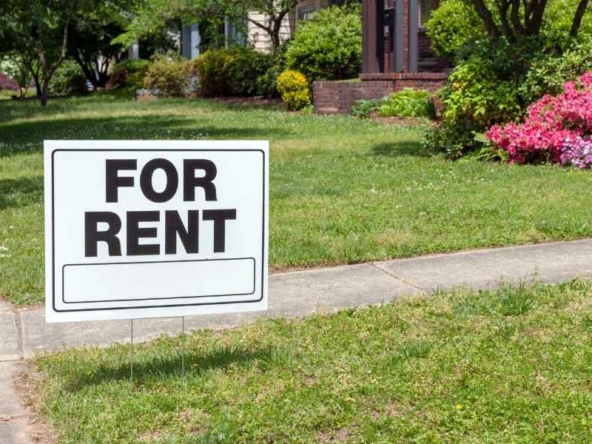One of the most challenging parts of managing a rental property is collecting rent each month. Although there are good tenants that don’t miss a payment and always pay on time—there are instances where you end up renting out a property to a problematic tenant that almost always never pays on time.
With that being said, rental property management is not an easy task, especially when it comes to finding the right tenant and handling rent collection. Even better, tenants tend to make late payments, especially when they have unexpected financial problems.
As stressful as it is, there are ways to handle late payments as a property manager. If you are new to managing a rental property, you have come to the right place.
Handling Late Rent Payments
You are probably wondering why you need to handle late rent payments. Well, one of the main reasons why you have to handle late rent payments is to establish a firm hand from the start.
If you let late rent payments slide from the start, tenants may get too lax and comfortable paying late—which can affect your relationship with the tenant as a manager, and more importantly, it will affect your expected cash flow each month—which in turn, will affect your finances.
One of the main responsibilities of any property manager is to collect rent. It might sound like a simple task where you collect payment for your rental property each month. However, it is not as simple as it sounds.
There are factors that can make it challenging, such as problematic tenants who never pay on time and other factors like tenants having emergency financial problems. No matter the reason, you should probably handle late rent payments equally.
Being a firm doesn’t mean you can be understanding of your tenants’ financial problems. However, some tenants can get too comfortable paying late, especially if you, as the manager, show too much empathy for their situation.
Being a property manager means finding the right balance between being empathic and firm in collecting rent and handling late rental payments. With that said, here is a complete guide to handling late payments, which will help you avoid potentially getting high delinquency rates and putting your property at risk.
Rental Property Management Dallas: How to Handle Late Rent Payments
When it comes to handling late payments, there is a standard operating procedure to follow. Following a system will enable you to treat each tenant equally, regardless of the reasons why their rent payment is running late. Following the SOP will also avoid potential liabilities when a problematic tenant gets an idea to pursue legal action regarding their late payments.
Here are some of the things you need to do when handling late rent payments:
Check the Lease Agreement
As simple as it may sound, there are instances when a tenant is really paying on time, but you don’t know because you did not read the agreement clearly. When renting out a property, draft a contract that includes information, such as when rent is due.
If it is allowed in your state, you can also add a clause that permits you to add late fees to prevent tenants from paying their rent late. With that said, you should also honor the common 3-day grace period to allow the tenant to come up with rent if they are in a financial rut.
Send a Written Notice to Pay the Rent or Eviction Notice
If you have taken all the possible actions and your tenant is still not paying rent, it is time to send them a written notice to pay or vacate the property. Once you release an eviction notice, you must give the tenant at least three business days to respond. If the tenant still does not respond, it is time to terminate the lease agreement and begin the eviction process.
Eviction Process
When a client does not pay or address your notice—you should start the process of evicting them. You can begin by using legal action to terminate the lease agreement. Next, you must give your tenants a written eviction notice. Once the eviction notice is released, a monthly tenant will have up to 15 days to leave the property. Note that tenants have up to 60 days to vacate the premises yearly.
File a lawsuit
If all else fails and the tenant refuses to pay rent or leave the premises within the given date, you must file a suit at the local county court. The court will send a summon to the tenant. If they don’t show up on the court date, the county court will transfer the case to the county sheriff, which gives the tenant only 24 hours to leave the property and uses force to remove the tenant from the property if they still refuse.
How to Handle Bounced Checks from Tenants
Sometimes, a tenant pays rent on time and hands you a check, but the check bounces because there are no available funds. If that is the case, you should consider the bounced check as a late payment and make sure to charge the fees that come with late rental payments.
Not all states allow fees for late rent payments, so instead of adding fees—make sure you notify the tenant about their bounced check. If they do not address the situation, you should send a pay or quit notice.
Does The Landlord Insurance Cover Unpaid Rent?
Landlord insurance does not cover unpaid rent. However, you can get rent guarantee insurance—which is offered by only the best property managers.
Avoid Late Rent Payments by Hiring a Property Manager
If you want to avoid the hassle and the headache that comes with collecting monthly checks from tenants, not to mention all the hassle that comes with late rental payments—maybe hiring a property manager to handle the situation is the best option.
A professional property manager can handle rent collection and more—making the process simple and giving you peace of mind each month.





